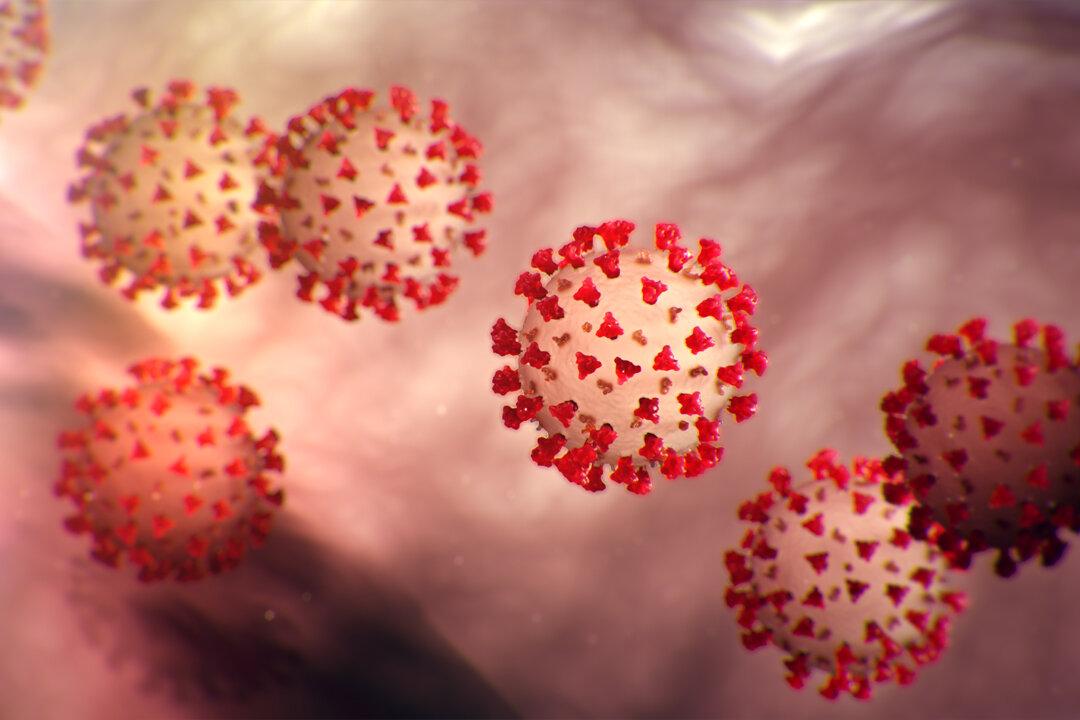Commentary
As I first pointed out in an essay I published on March 25 and as I reiterated a few days ago on Tucker Carlson’s show, there is only one way to quickly and safely reopen the economy, and that is by having everyone in the U.S. self-test and then having the virus carriers self-isolate.





